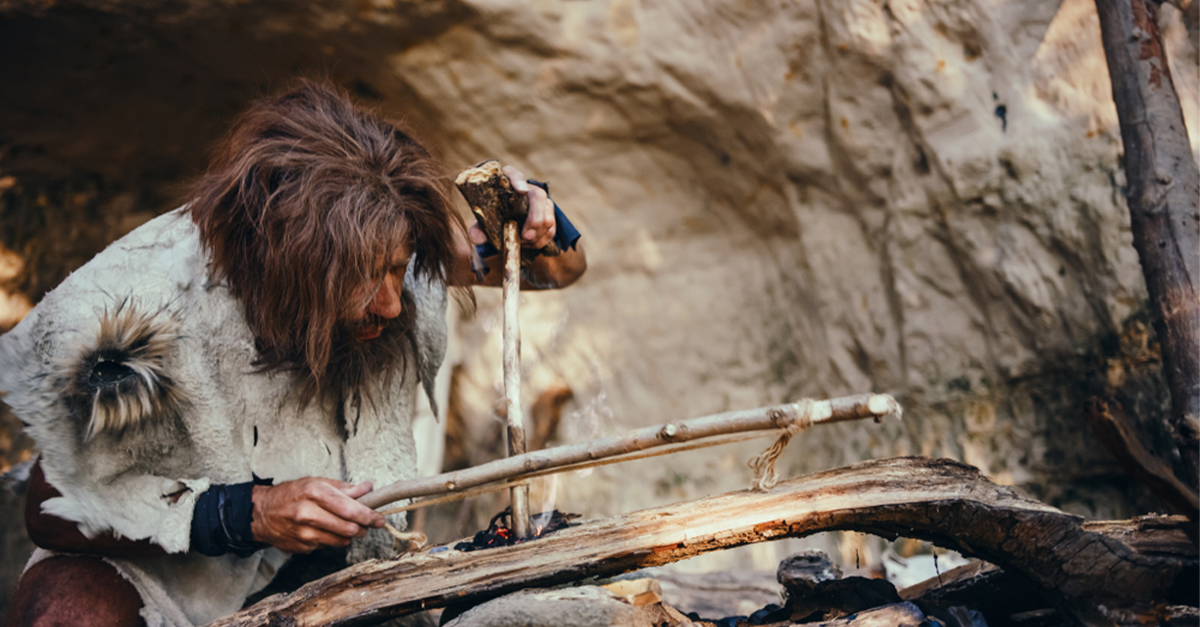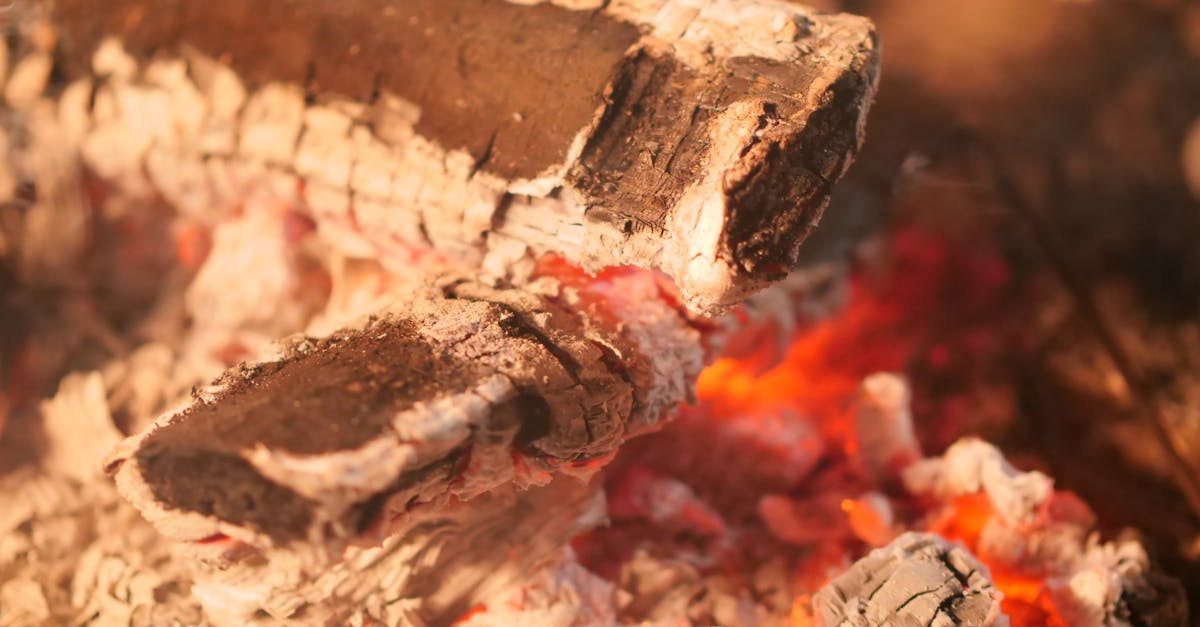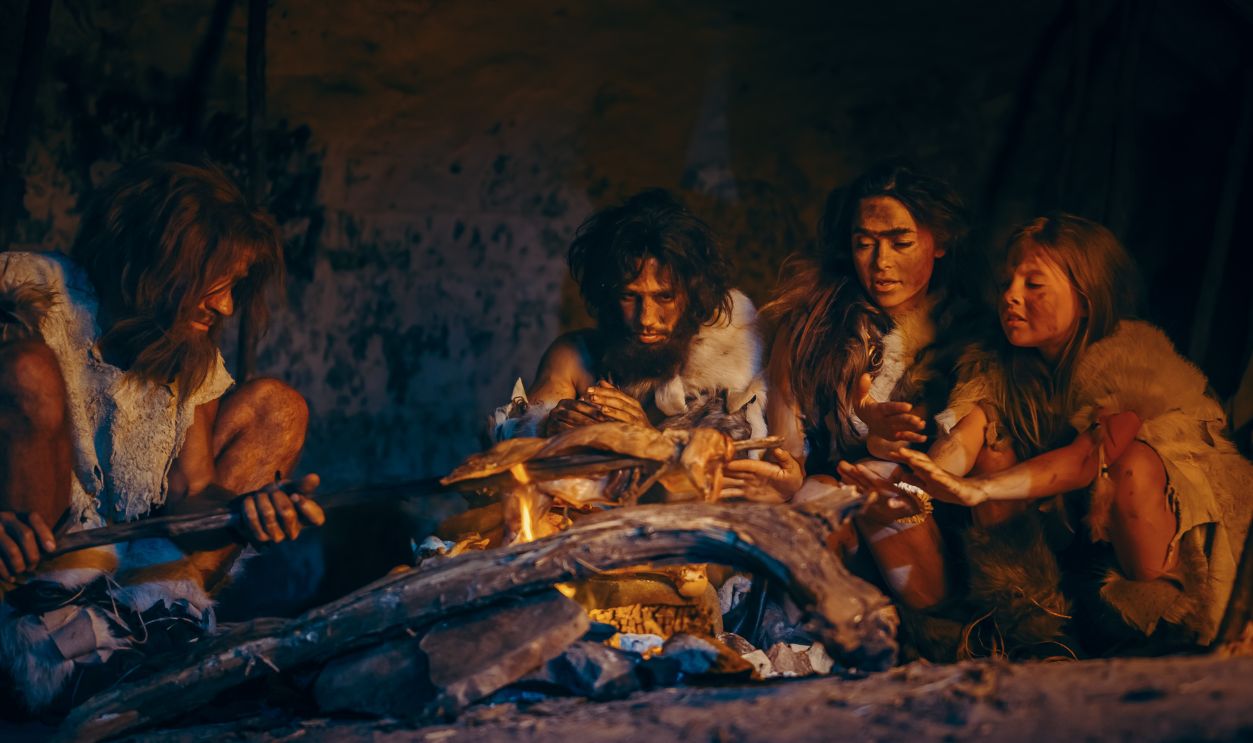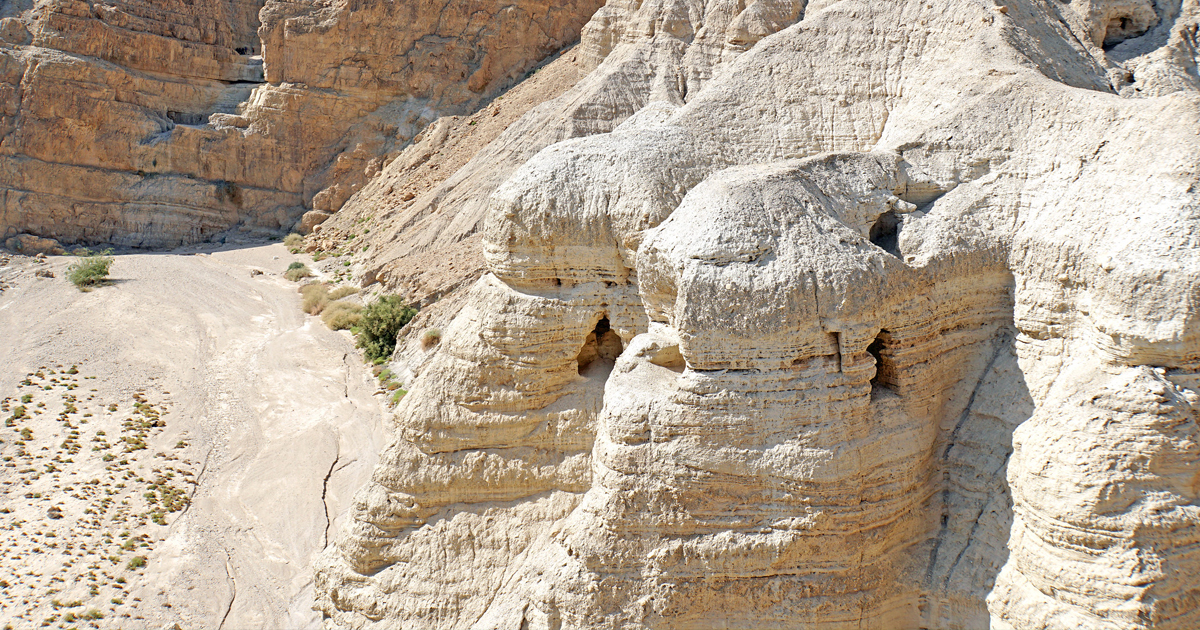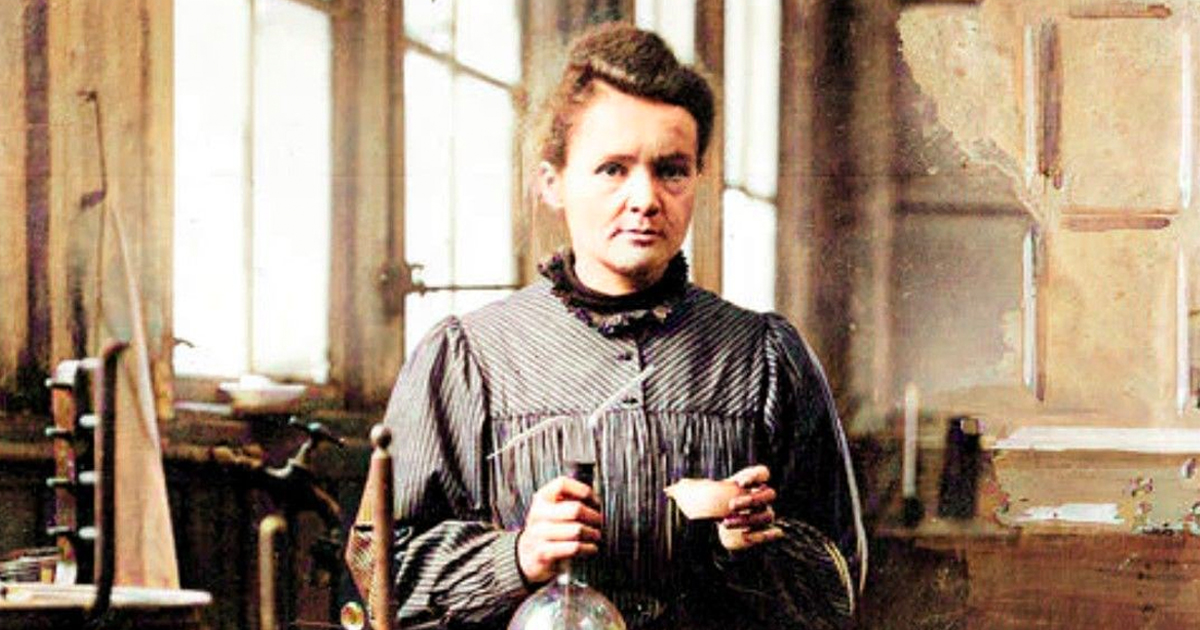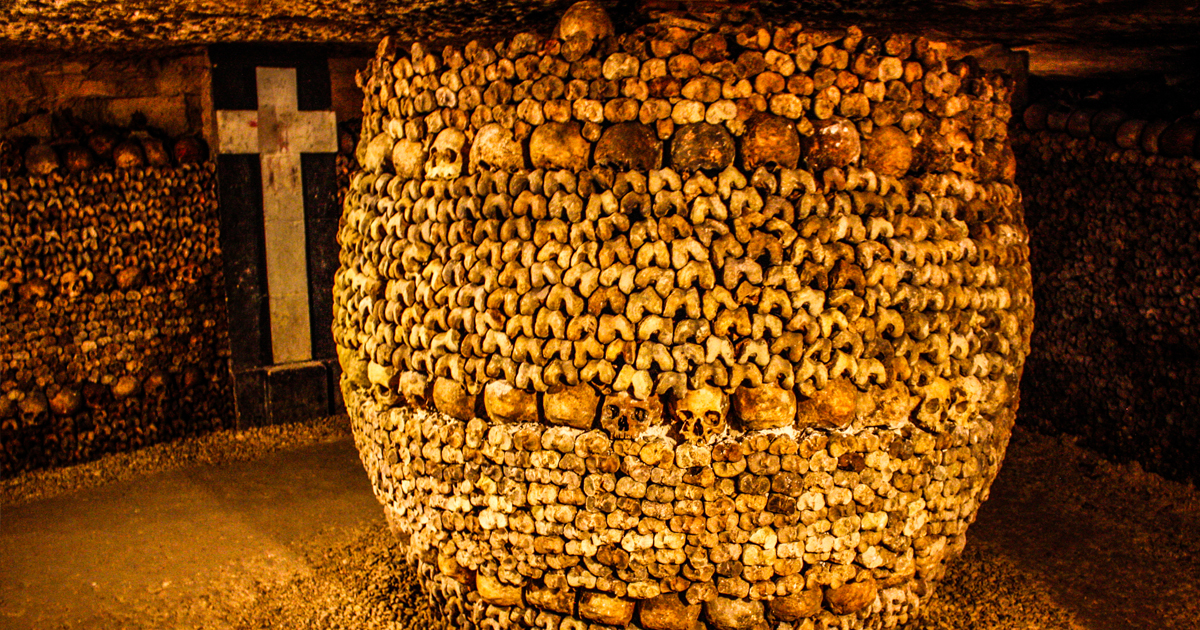Fire is one of humanity's greatest inventions. Mastery of the flame sparked a turning point that influenced survival, culture, and technological progress. It took a long time down through the ages, and archaeologists still squabble over the exact details, but there's no question that it transformed the evolution of the human race.
The Earliest Evidence Of Fire Use
The earliest known use of fire by our humanoid ancestors was around 1.5 million years ago. At sites such as Koobi Fora in Kenya and Swartkrans in South Africa, researchers have dug up charred bones and ash deposits of early hominids like Homo erectus. These discoveries suggest that early humans were well aware of the awesome power of fire, but whether they could build a fire for their own purposes still isn’t clear.
Controlled Fire Vs Natural Fire
Early encounters with fire began with natural events such as lightning strikes or volcanic activity. Hominids most likely scavenged smoldering embers from wildfires they observed and used them for warmth or cooking. Over time, they developed the know-how to maintain and transport fire, even if the skill to ignite flames from scratch came much later, using whatever suitable materials they could get their hands on.
Homo Erectus And The Rise Of Fire Mastery
Many scientists credit Homo erectus, who lived around 1.9 million to 400,000 years ago, as the species that first mastered fire. Evidence from sites like Gesher Benot Ya’aqov in Israel shows early hearths and burnt tools dating to about 780,000 years ago. These controlled fires show that early humans had started using fire for their day-to-day needs.
Fire And Human Evolution
Fire shaped human evolution. Cooking food made nutrients more accessible and easier to digest, supporting bigger brains and energy efficiency. Warmth from fire allowed humans to survive colder climates, allowing them to migrate into new environments. Fire also gave protection from predators, giving humans an advantage over other species.
Gathering Round The Fire: A Habit As Old As Time
Fire’s glow went beyond survival. Archaeologists think that fire promoted social interactions, as groups of people gathered around flames for warmth and safety. These gatherings would have been a great place for storytelling, and cultural development. The hearth was a focal point for early communities, strengthening social bonds and cooperation.
Toolmaking And Metalworking
Fire also advanced toolmaking and craftsmanship. Early humans figured out that heat could harden wooden spear tips or alter the properties of stone tools. Much later, fire was crucial for developing pottery, metalworking, and other activities that shaped human societies. Its use paved the way for increasingly complex civilizations.
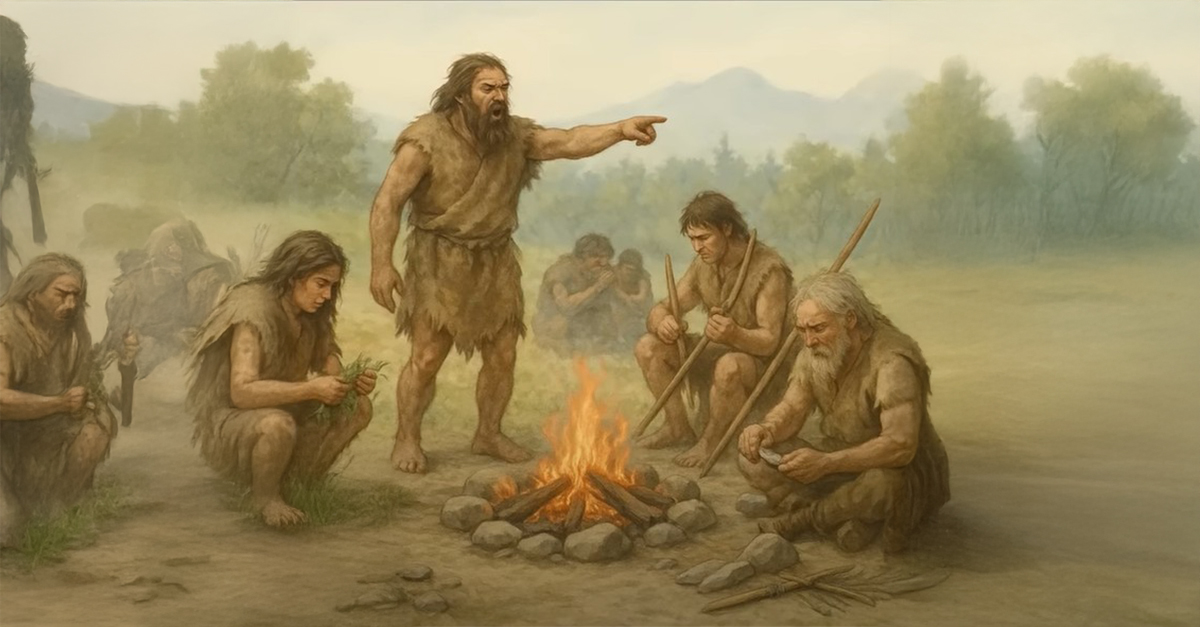 What Did Cavemen Actually Do All Day?, Before Fire, YouTube
What Did Cavemen Actually Do All Day?, Before Fire, YouTube
Where And When Fire Use Spread
Fire building culture spread across Africa, Europe, and Asia as human ancestors migrated to every corner of Planet Earth. By 400,000 years ago, evidence of controlled fire appears widely across archaeological sites, from Europe’s caves to ancient Chinese settlements. The use of fire became a shared human trait, contributing to the success of other hominid species, including Neanderthals and eventually modern humans.
The Flame Burns On
Mastery of fire was a defining moment in human history. From cooking and warmth to technological innovation, fire totally reshaped how humans interacted with their environment. Even today, fire symbolizes knowledge, transformation, creativity, and survival; a shining light guiding humans toward civilization. Humans eventually left the hunter-gatherer lifestyle behind. But if we destroy our civilization, fire will still be there for us to turn to: like an old friend, ready to serve humanity.
You May Also Like:
These Primitive Rock Carvings Suggest Humans Did Coexist With Dinosaurs
17 Accidental Inventions That Changed Our Lives Forever

